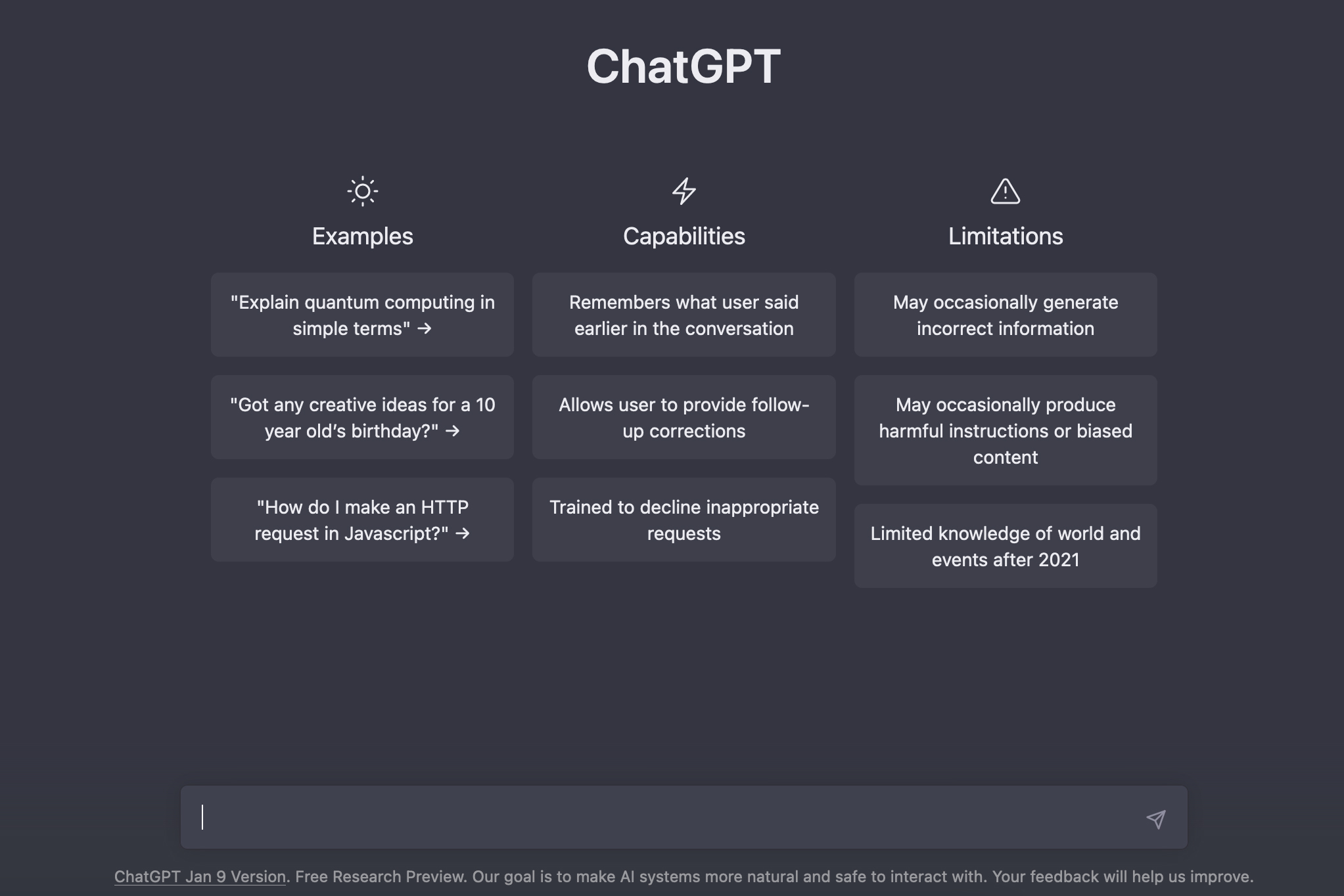Views expressed in opinion columns are the author’s own.
ChatGPT is a powerful yet polarizing chatbot of many words. It can write brief stories or plow through long-winded novels. It can give you the raw, unfiltered truth, or — if you tell it to — it can produce harmful nonsense. But even with its ability to process words and provide many different responses, it is incapable of truly comprehending users’ input. Rather, it can only imitate human responses.
This distinction is an important one because it is what separates man from machine. Yet it seems both students and teachers are trying their mightiest to get ChatGPT to cross over the uncanny valley toward conscious human thought. Students are now using ChatGPT to write essays, do homework and take quizzes for them. As for instructors, a more worrisome trend is developing in teaching where teachers use ChatGPT as a crutch to develop lesson plans and create essay prompts.
Unequivocally, ChatGPT is the antithesis of learning and critical thought, and it should be banned from classrooms across the country.
The most glaring consequence of ChatGPT is the numerous forms of cheating students can employ that are currently undetectable. I think students are more likely to take the ideas from ChatGPT and rewrite them with slightly different wording, which plagiarism checkers likely wouldn’t catch. All the while, students can use this same technique to get ChatGPT to give them homework and test answers and make unsubstantial edits before submitting.
While it’s likely that some students will use ChatGPT for assignments regardless of whether or not it’s allowed in schools, that doesn’t mean they should support it or promote its usage.
However, the worst part is some educators are endorsing the use of ChatGPT. For instance, some teachers are touting the ability of ChatGPT to create outlines for students’ essays as a “tool” to improve their writing. But this seems to go against the whole purpose of having students painstakingly read, analyze books and research papers to develop essays.
What this traditional, arduous process does is force students to develop their own ideas about what they read instead of regurgitating the thoughts of others. If ChatGPT does that part of the process for them, students are missing out on the most important aspect of writing — thinking.
The most detrimental effect of having ChatGPT in the classroom is that now, distillation of knowledge from complicated queries takes away the personalization of the learning process. It is just too easy for students to get by in their classes while having ChatGPT do the work for them. With nearly 90 percent of students already admitting to having used ChatGPT to do class assignments for them, it’s abundantly clear this technology will stunt students’ development.
To that same end, teachers using the software to help design lesson plans and class assignments are just as disastrous of a misstep in the educational system. When teachers develop lesson plans through ChatGPT, they copy potentially inaccurate material and interpretations the software dictates.
When one of the most important qualities in a teacher is making sure students understand the material, a cookie-cutter lesson plan with inaccurate material is shameful pedagogy. Students deserve teachers who are passionate and knowledgeable about the subject they are teaching. Educators should be able to develop lesson plans that are both more accurate and better tailored to their students than ones that ChatGPT can create.
Furthermore, because ChatGPT’s interface often does not provide sources for the information that it pulls to answer students’ queries, it implicitly encourages source-based plagiarism. It is the responsibility of teachers to ensure students can find and accurately cite the information they use. Even if teachers ask students to prompt ChatGPT to give sources, they are often inaccurate or non-existent.
While ChatGPT can be a useful tool for making monotonous tasks easier and distilling information, we cannot let it supplant the process of both learning and imparting knowledge. Otherwise, we could be hurtling toward a troubling dystopia where future teachers will be the current generation of students raised on ChatGPT — the students who used ChatGPT to do homework and draft essays throughout their educational development. How can we expect students who used ChatGPT to mimic thinking to teach future generations to do the same?
Ravi Panguluri is a sophomore computer science and statistics major. He can be reached at rpangulu@umd.edu.



